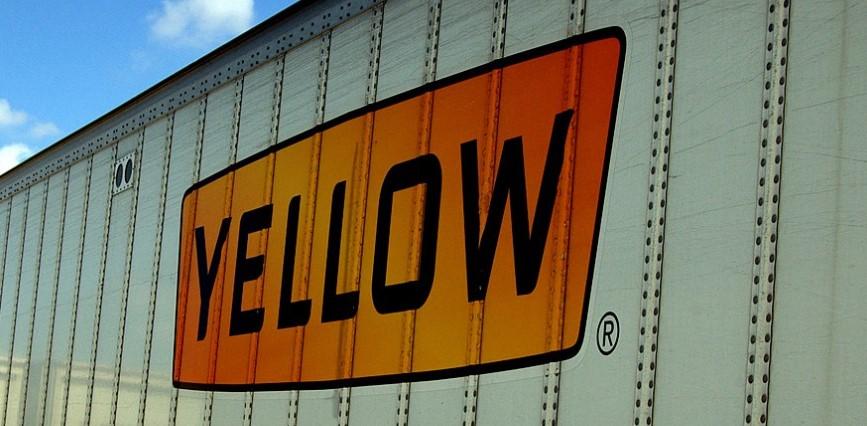
After ninety-nine years in business, Yellow, one of the nation’s biggest trucking companies, shut down. The company has more than twelve thousand trucks and employed thirty thousand, with twenty-two thousand of those jobs held by Teamsters.
If you are a taxpayer, you know all this, your government being a 29.6 percent shareholder of Yellow and all. The Trump administration’s Coronavirus, Aid, Relief, and Economic Security (CARES) Act dished out $500 billion to businesses, states and municipalities as a result of the coronavirus. Yellow Corporation received $700 million of the $735.9 million set aside for national security loans.
The loan had two tranches, tranche A was $300 million to cover union healthcare and pension liabilities, plus lease and interest payments. Tranche B was for tractors and trailers. Interest for tranche A was the London interbank offered rate (LIBOR) plus 3.5 percent (1.5 percent of it to be paid in cash and 2.0 percent in kind) and interest for tranche B was LIBOR plus 3.5 percent (all cash). These attractive terms are the reason the government required equity in the firm as a condition of the loan.
“Since the CARES Act did not define the term ‘business critical to maintaining national security,’ the Treasury had virtually unfettered discretion to define this term,” says a special report of the Congressional Oversight Commission that investigated the loan.
Back in 2020, the Defense Department figured other trucking companies could replace Yellow’s government work should the company go out of business, so the department was going to recommend a no to issuing the loan. But “one day after Defense Department officials notified the Treasury that the Defense Department would likely not certify Yellow as critical to maintaining national security, the Treasury requested an urgent call with Secretary Esper, which took place on June 26, 2020.” After Treasury secretary Steven Mnuchin called the defense secretary, “Esper certified Yellow as critical to maintaining national security the same day as the call, June 26, 2020, and the Treasury finalized the loan to Yellow on July 7, 2020.”
According to the Wall Street Journal, “Esper declined to comment. He has previously said he made the certification at the recommendation of Pentagon staff.”
According to the special report, Yellow spent $570,000 on lobbying in 2020 but nothing the year before. The company had been in close touch with the White House and “had discussed how the company employs 24,000 drivers who are part of the International Brotherhood of Teamsters (“Teamsters”) union.”
Teamsters president Jimmy Hoffa allegedly “had reached out to the Trump administration and . . . was seeking a meeting with the Secretary of Defense to advocate for Yellow’s national security loan application.”
Once the loan was funded, Yellow executive officers and directors received stock options and Yellow stock went up ten times in price from the bailout to the end of 2021.
The Teamsters benefited from Yellow’s ability to pay millions in deferred pension and healthcare benefits. Also, the special report pointed out that “the Teamsters hold a direct interest in Yellow as a result of the Teamsters’ ownership of Series A Preferred Stock. Yellow issued one share of Yellow’s Series A Preferred stock on July 22, 2011 to the Teamsters ‘to confer certain board representation rights.’ This share is valuable to the Teamsters because as the holder of this share the Teamsters are permitted to appoint two directors to Yellow’s board of directors.”
Despite having two board seats, the Teamsters accept no blame in Yellow’s downfall. “Teamsters have kept this company afloat for more than a decade through billions of dollars in wage, pension and work-rule concessions,” a union spokesman said. “Yellow couldn’t manage itself, and it wasn’t up to Teamsters to do it for them.”
“I’m actually quite proud of the fact that we did YRC [Yellow’s previous name],” Mnuchin said in 2020. “It saved lots and lots and lots of jobs. I’ve received calls from the company, from truckers, from other people who appreciate this.”
Taxpayers don’t appreciate it at all.


